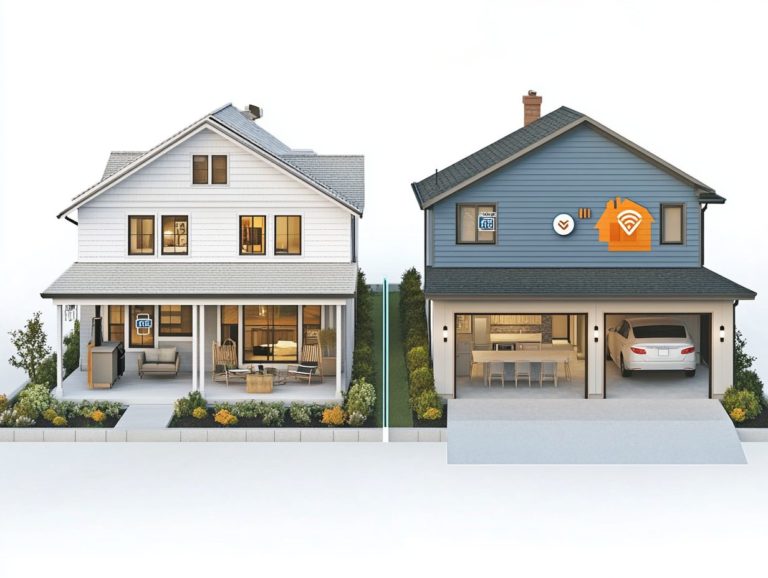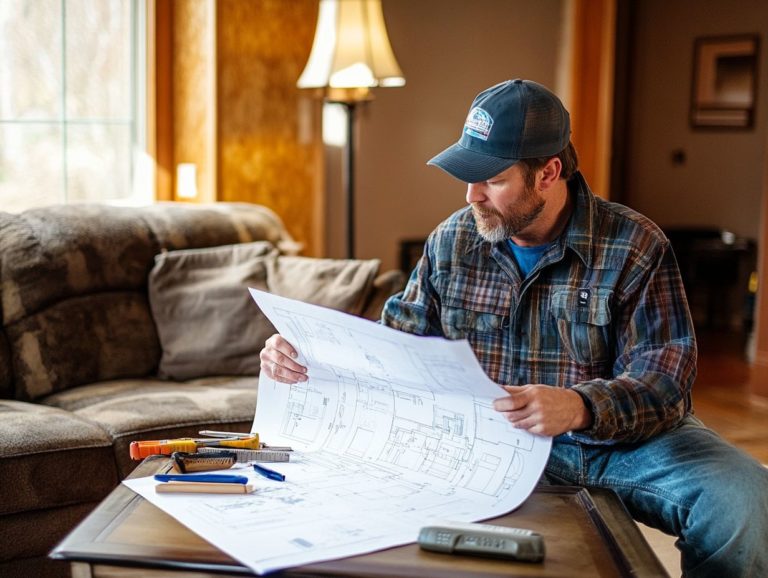What is Replacement Cost vs Actual Cash Value?
When insuring your home or possessions, understanding the difference between Replacement Cost and Actual Cash Value can significantly impact your financial security.
Each type of coverage has unique benefits shaped by various factors.
This article explains the definitions, essential variables, and advantages associated with both Replacement Cost and Actual Cash Value coverage.
You ll find guidance on when to choose one over the other, empowering you to make an informed decision that aligns with your needs.
Contents
Key Takeaways:
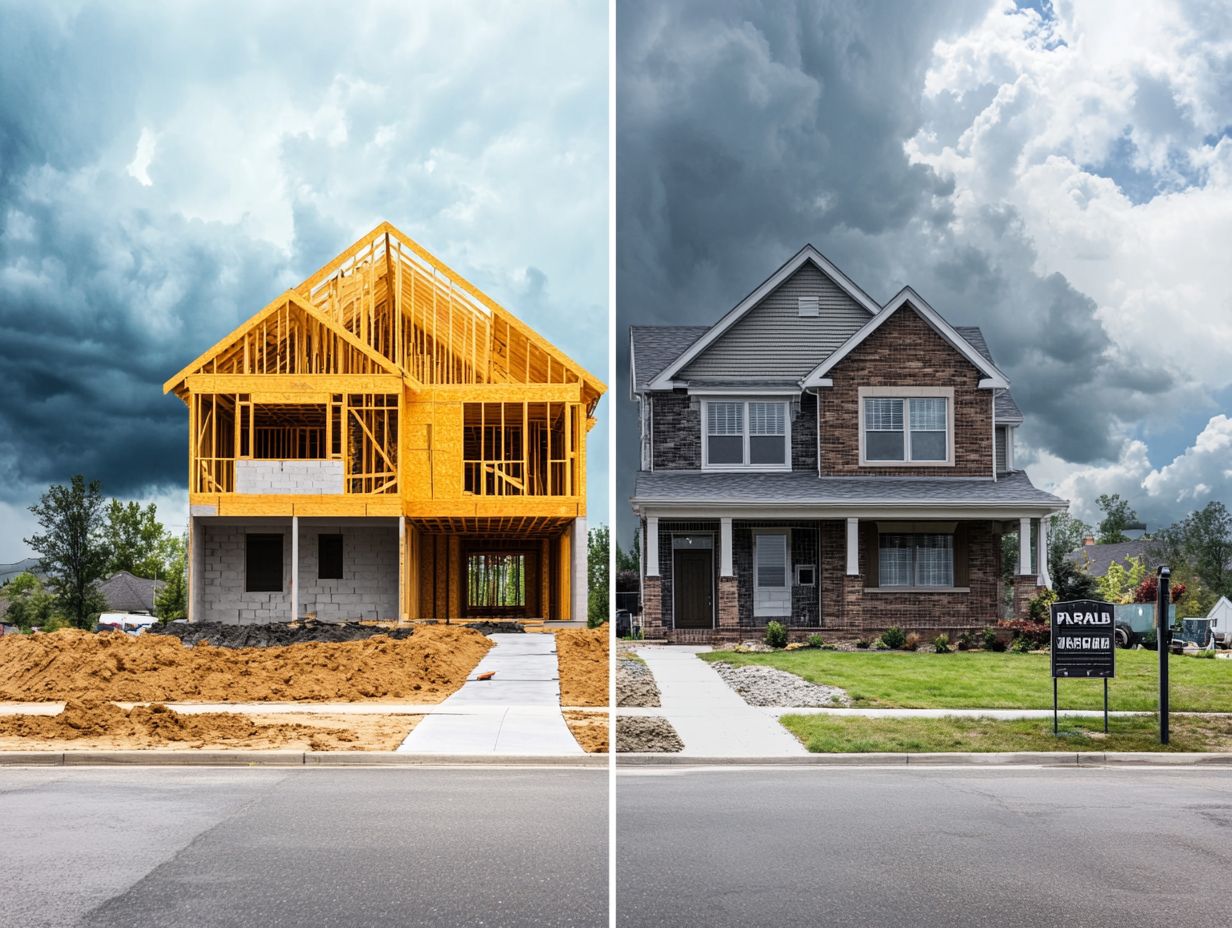
Replacement Cost and Actual Cash Value are two different methods for determining the worth of an asset in an insurance policy. Replacement Cost considers the cost of replacing an item at its current market value, while Actual Cash Value accounts for depreciation. Replacement Cost coverage gives you better protection because it covers the full cost of replacement, while Actual Cash Value coverage may result in a lower payout due to depreciation.
Understanding Replacement Cost and Actual Cash Value
Grasping the nuances of Replacement Cost and Actual Cash Value is vital for homeowners seeking to protect their financial investment in their property.
In homeowners insurance, these two terms represent distinct concepts that can greatly influence claims payments and coverage options.
Replacement Cost represents the amount needed to replace damaged property with new materials. In contrast, Actual Cash Value accounts for depreciation by subtracting the decrease in value over time from the replacement cost.
As a policyholder, knowing these details is crucial for your protection.
Definitions and Differences
Replacement Cost Coverage and Actual Cash Value represent two distinct strategies in handling property damage claims, each with its unique calculation methods and implications for your financial recovery post-loss.
Understanding the difference between these terms is essential for anyone navigating property insurance.
Replacement Cost Coverage refers to the funds necessary to replace or repair your property without considering depreciation. This allows for a more comprehensive financial recovery.
Conversely, Actual Cash Value takes depreciation into account, determining your asset s current worth by subtracting depreciation from its replacement cost.
This distinction can significantly impact the payout you receive after a claim. You may find Replacement Cost Coverage particularly beneficial in catastrophic situations, ensuring you can rebuild your home to its previous state.
While it often comes with higher premiums, Actual Cash Value may seem more budget-friendly initially. However, it could leave you underinsured after a significant loss.
Factors that Affect Replacement Cost and Actual Cash Value
Several factors play a crucial role in determining Replacement Cost and Actual Cash Value, including market conditions, the age of the property, and the materials used in construction.
These elements are key for homeowners as they assess their home insurance policies. By understanding these factors, you can better navigate the complexities of claims payments and the insurance coverage options provided by different insurers.
Key Variables to Consider
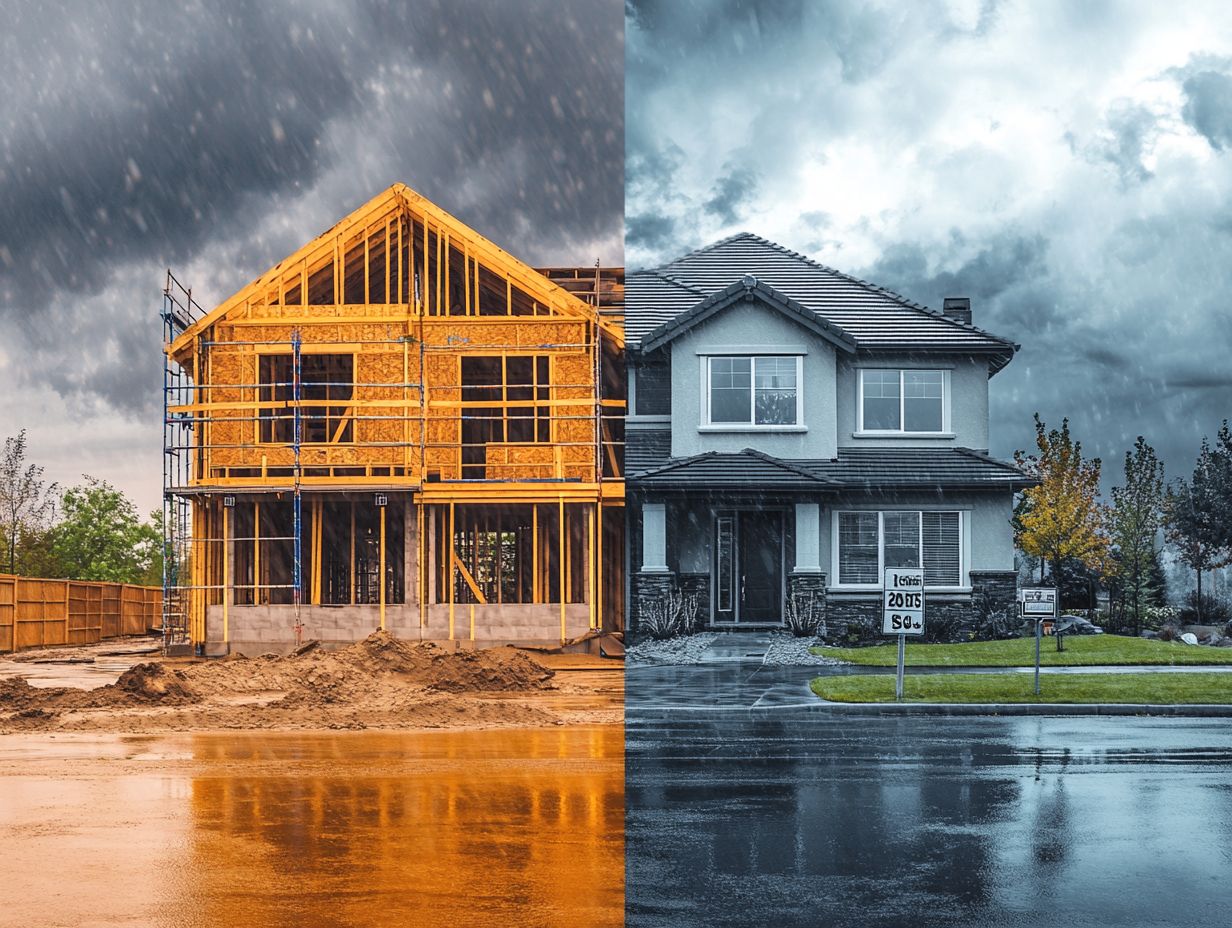
When evaluating Replacement Cost and Actual Cash Value, consider key factors such as the condition of your belongings, your home inventory, and any specific property damage. This careful assessment is vital for ensuring you have adequate financial protection.
By analyzing these elements, your insurance agent can provide tailored insights for your situation. For example, understanding the state of your personal belongings enables a more accurate assessment of potential replacement costs, directly influencing the coverage you need.
Keeping a comprehensive home inventory is crucial; it streamlines the claims process and ensures that all your assets are accounted for and valued correctly. This meticulous documentation helps you and your agent minimize disputes during claims, leading to quicker resolutions and greater peace of mind.
Benefits of Replacement Cost Coverage
Replacement Cost Coverage offers significant advantages, delivering enhanced financial protection and the assurance that claims payments will accurately reflect the current costs required to replace lost or damaged property.
This type of policy is especially valuable during periods of rising construction costs or market fluctuations. Therefore, it s essential for homeowners to understand the importance of this coverage within their overall insurance strategy.
Advantages for Policyholders
When you choose Replacement Cost Coverage, you’re securing financial protection that allows you to replace your personal belongings without substantial out-of-pocket expenses due to depreciation.
This coverage lets you fully replace your valuables, making it a wise choice in various situations.
For example, if a fire damages your home and its contents, Replacement Cost Coverage ensures you can rebuild and replenish what was lost without facing a reduction for depreciation.
If a pricey appliance like a refrigerator unexpectedly fails, you can cover the replacement costs without financial strain on your budget.
By understanding these benefits, you empower yourself to make informed decisions about your insurance options, confidently selecting policies that provide the best protection for your circumstances.
Benefits of Actual Cash Value Coverage
Actual Cash Value Coverage presents distinct advantages for policyholders seeking a more budget-friendly insurance solution.
By considering depreciation in the claims process, this coverage can lead to lower premiums compared to Replacement Cost Coverage, making it appealing for those mindful of their expenses.
Advantages for Policyholders
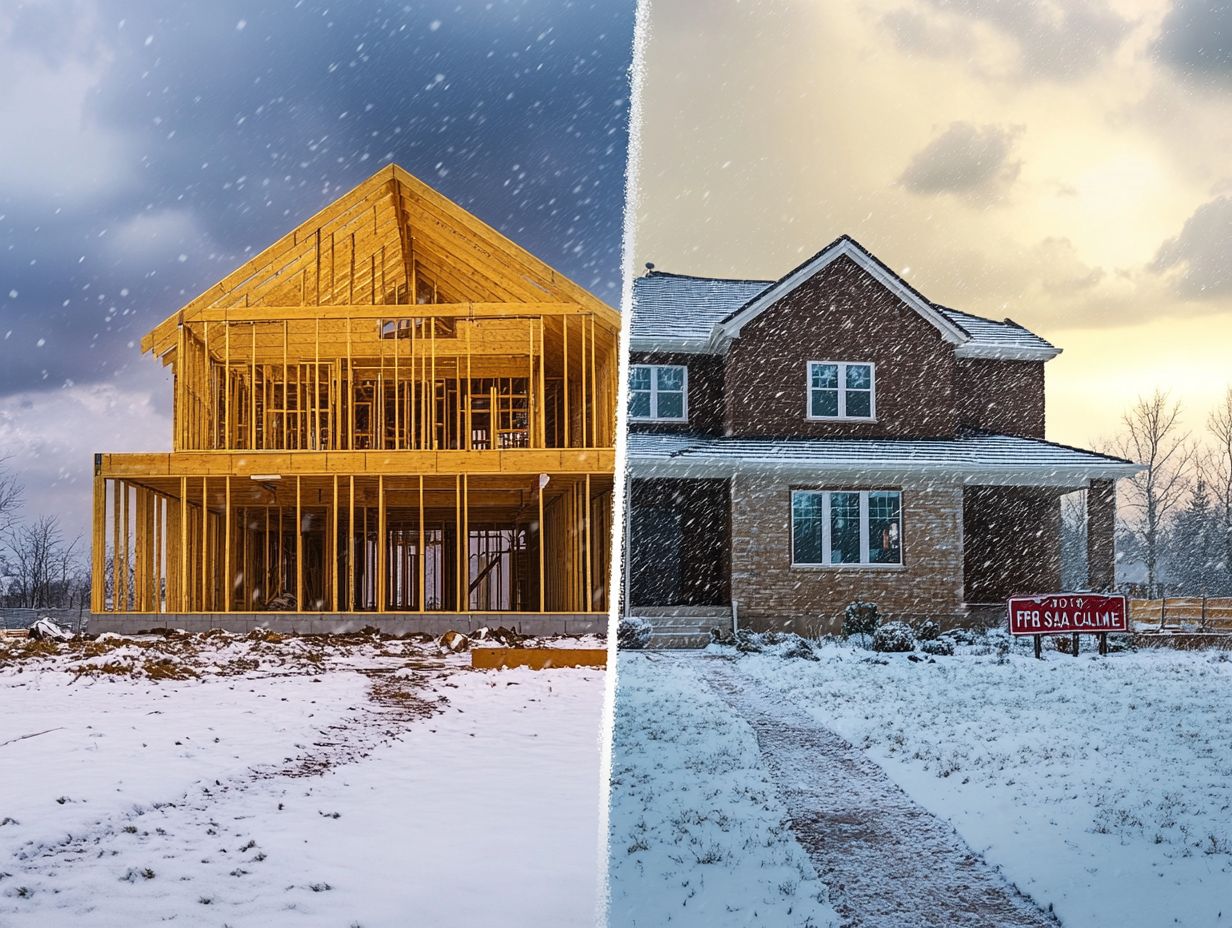
Selecting Actual Cash Value can be an attractive choice, thanks to its lower costs and flexibility in managing claims payments. You ll receive compensation based on the original cost of your lost items, minus any depreciation.
This method is especially beneficial if you’re navigating tight budget constraints, allowing you to secure necessary coverage without overstretching your finances. By opting for Actual Cash Value, you can avoid the inflated premiums that often accompany Replacement Cost policies.
This way, you enjoy lower overall costs while still being adequately protected against unexpected incidents.
Many insurance companies promote this option as a smart way to balance affordability and effective risk management, empowering you to make informed decisions that align with your financial situation.
When to Choose Replacement Cost vs Actual Cash Value
Choosing between Replacement Cost Coverage and Actual Cash Value is crucial for homeowners, as each option aligns with distinct financial objectives and recovery strategies.
Consulting with an insurance agent can provide valuable insights into these coverage choices, guiding you toward the best option tailored to your unique needs.
Factors to Consider for Decision-Making
Key factors influencing your decision between Replacement Cost and Actual Cash Value include the current value of your property, the terms of your insurance policy, and how market conditions might affect claims payments.
Carefully assess your unique circumstances, particularly how much your property is worth today compared to what you originally paid for it.
For example, if you live in a rapidly gentrifying neighborhood, you may find that the replacement cost of your home significantly exceeds its actual cash value due to recent sales.
The terms of your policy can vary widely; some may include clauses that affect how depreciated values are calculated. It s crucial to understand your individual financial protection goals.
If you envision rebuilding a larger, modern home in case of a loss, choosing a Replacement Cost policy could be essential to fully fund that aspiration.
Frequently Asked Questions
What is Replacement Cost vs Actual Cash Value?

Replacement cost and actual cash value (ACV) are two ways insurance companies value damaged or lost items.
What is Replacement Cost?
Replacement cost is the price to replace an item with a new one of similar type and quality. It provides full coverage based on today s market prices.
What is Actual Cash Value (ACV)?
Actual cash value (ACV) reflects an item’s current worth, considering its age and wear. It is calculated by deducting the reduction in value over time from the replacement cost.
Which is better: Replacement Cost or Actual Cash Value?
Your choice depends on what works best for you! Replacement cost offers full coverage but may result in higher premiums. ACV leads to lower premiums but also lower coverage.
What types of insurance use Replacement Cost vs Actual Cash Value?
Homeowners and renters insurance typically use replacement cost for personal property. In contrast, auto insurance often uses ACV for totaling vehicles.
Can you switch from Replacement Cost to Actual Cash Value (or vice versa)?
Yes, you can usually switch between coverage types. However, check with your insurance company for specific conditions and talk to your provider to find the coverage that suits you best.

